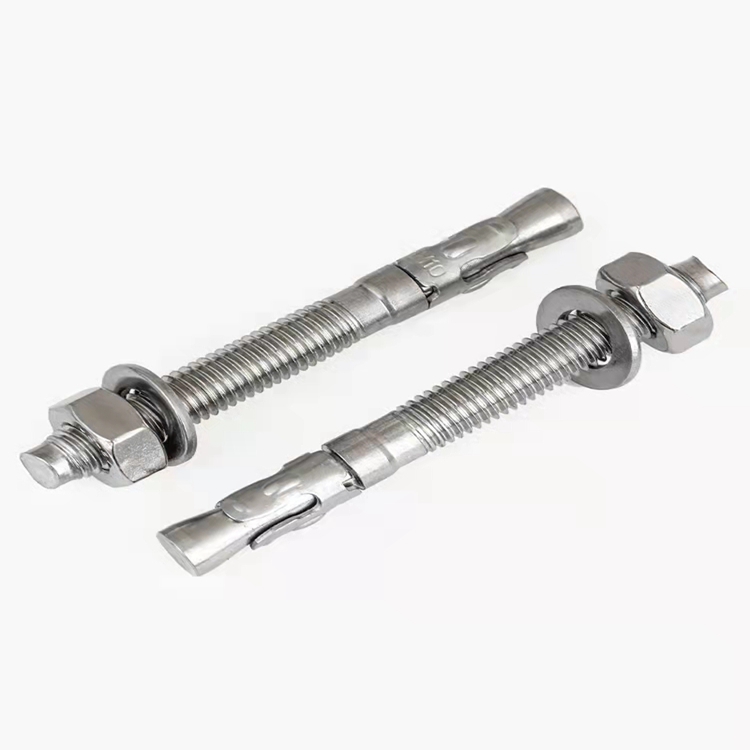Manufacturers Specializing in Knife Screws and Their Innovative Production Techniques
Nov . 10, 2024 02:53 Back to list
Manufacturers Specializing in Knife Screws and Their Innovative Production Techniques
The World of Knife Screws Understanding Factories and Manufacturing Processes
In the intricate world of manufacturing, knife screws play a pivotal role in various industries, ranging from automotive to aerospace and even furniture. These small yet significant components are essential for providing strong and secure connections. Understanding the factories that produce knife screws offers insight into their design, manufacturing processes, and the technological advancements that enhance their quality and efficiency.
What Are Knife Screws?
Knife screws, also known as self-tapping screws, are designed with a sharp edge that allows them to cut into the material as they are driven in, eliminating the need for pre-drilled holes. This feature not only simplifies the assembly process but also increases productivity, making knife screws a preferred choice in many applications. Their design can vary, with options for different head shapes, materials, and coatings, making them versatile for various fastening needs.
The Role of Factories in Knife Screw Production
Factories that specialize in the production of knife screws utilize a combination of advanced machinery and skilled labor to create these vital components. The manufacturing process typically begins with the selection of raw materials, usually high-grade steel or stainless steel, to ensure durability and resistance to corrosion.
Once the materials are obtained, they undergo a series of processes, including forging, machining, heat treating, and surface finishing. Each stage of production is crucial; for instance, forging involves shaping the metal under heat and pressure to create a strong foundation for the screw. Machining then adds precision, shaping the screw to its exact specifications.
Advanced Manufacturing Techniques
The knife screw manufacturing process has evolved significantly with the advent of modern technology. Factories now employ computer numerical control (CNC) machines, which offer greater accuracy and consistency, reducing the margin of error. These machines can create complex designs with intricate threading patterns, ensuring that each screw meets precise engineering requirements.
Additionally, factories increasingly adopt lean manufacturing principles. This approach focuses on minimizing waste while maximizing productivity. By streamlining operations and creating an efficient workflow, manufacturers can reduce costs and pass those savings on to consumers, making knife screws not only affordable but also readily available.
knife screws factories

Quality Control in Knife Screw Production
Quality assurance is a critical aspect of knife screw manufacturing. Factories implement rigorous testing protocols to ensure that every batch of screws meets industry standards. This process may involve tensile strength tests, corrosion resistance tests, and inspections of threading accuracy. By maintaining high standards, factories can prevent defective products from reaching the market, thereby ensuring the safety and reliability of the final applications.
Environmental Considerations
As the global focus shifts towards sustainability, knife screw factories are also adapting their practices to minimize environmental impact. Many are investing in eco-friendly materials and processes, including the use of recycled metals and energy-efficient machinery. Furthermore, waste management strategies are being implemented to reduce scrap generated during production. This not only helps in reducing the ecological footprint but also contributes to the overall efficiency and cost-effectiveness of manufacturing operations.
The Future of Knife Screw Factories
Looking ahead, the future of knife screw factories is promising, driven by innovation and globalization. As technology continues to advance, we can expect further enhancements in automation and artificial intelligence, which will reshape production lines and improve operational efficiency. Additionally, the growing demand for customized solutions in various industries may lead to more specialized production lines that cater to unique fastening needs.
Moreover, as industries worldwide continue to expand and evolve, the demand for high-quality knife screws is expected to rise. Factories that can adapt to market changes and embrace new technologies will undoubtedly thrive in this competitive landscape.
Conclusion
In summary, knife screw factories are integral to producing high-quality fastening solutions that serve a multitude of industries. Their sophisticated manufacturing processes, commitment to quality, and focus on sustainability position them well for future growth. As technology and market demands evolve, these factories will continue to play a vital role in ensuring secure and efficient connections in countless applications, highlighting the importance of these small but mighty components in our daily lives.
Latest news
-
High-Quality Panel Stud Bolt Reliable Panel Stud Bolt Factory & Suppliers
NewsJul.08,2025
-
High-Precision Fine Thread Locknuts Manufacturer & Supplier Custom Solutions
NewsJul.08,2025
-
PH Imperial Stud Bolt – High Strength Fasteners from Leading Supplier & Factory
NewsJul.07,2025
-
High-Quality Allen Wrench Bolts Leading Factory, Company & Suppliers
NewsJul.07,2025
-
Wholesale Ball Stud Bolt - High Quality Supplier & Factory Price Reliable Wholesale Ball Stud Bolt Company
NewsJul.06,2025
-
High-Strength Alloy Bolts Manufacturer & Supplier Quality Alloy Fasteners Factory
NewsJul.06,2025
